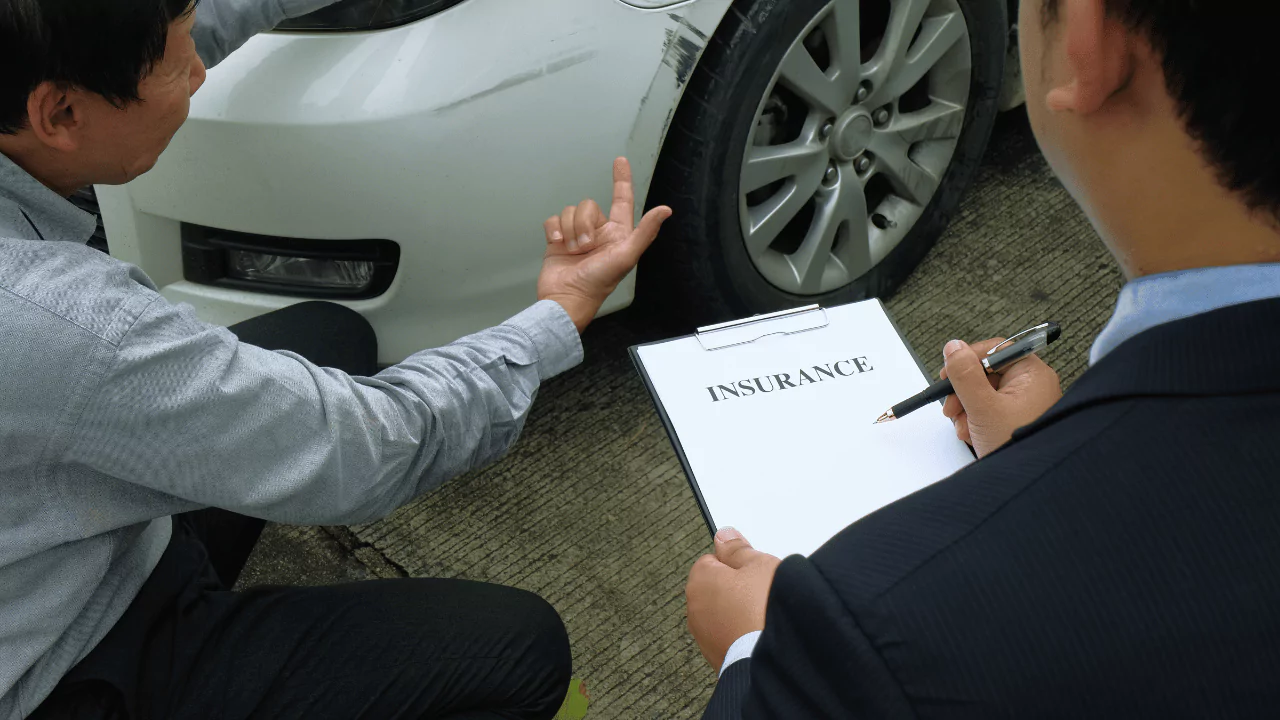Yes, insurance adjusters can often determine the age of damage on your car. They are trained to spot signs that differentiate between recent accident damage and pre-existing wear and tear. This helps them ensure the insurance company pays only for repairs related to the specific accident you’re filing a claim for.
Understanding Insurance Adjusters
What is a Claims Adjuster and What Do They Do?
An insurance adjuster is an agent of the insurance firm who conducts inquiries into claims. They appraise the extent of damage, ascertain the party responsible for the accident, and determine the compensation to be provided by the insurance company for repairs or replacements.
What Do Adjusters Look for in a Claim?
Adjusters consider several factors when evaluating a claim, including:
- The severity of the damage
- Witness statements (if available)
- Police report details
- The car’s history (previous accidents or repairs)
The Documentation They Use to Assess Damages
Adjusters use various documents to assess a claim, such as:
- Photos of the damage from different angles
- Repair estimates from body shops
- Your car’s maintenance records
Assessing Damages after a Car Accident
Steps Adjusters Take to Evaluate Damages
Here’s a breakdown of what happens when an adjuster assesses damage after a car accident:
- Inspection: They will inspect your car closely, looking for signs of new and old damage.
- Documentation: They will take photos and document the damage in detail.
- Repair Estimates: They may request repair estimates from body shops to determine the cost of repairs.
- Determining Fault: Based on the evidence, they will assign fault to the party responsible for the accident.
How They Determine the Fault?
Adjusters use the information gathered during the inspection and review of documents to determine fault. Factors like police reports, witness statements, and skid marks on the road can all play a role.
Protecting Your Interests After an Accident
What to Say and Not Say to Adjusters
- Be truthful: Don’t exaggerate the damage or make false statements.
- Stick to the facts: Describe the accident clearly and concisely.
- Avoid admitting fault: Let the adjuster determine fault based on evidence.
Beware of Accepting a Quick Settlement
Insurance companies might offer a quick settlement to close the claim faster. However, this amount might not cover the full repair costs. Don’t feel pressured to accept a low offer.
Taking Action and Seeking Legal Assistance
If you disagree with the adjuster’s assessment of the damage or fault, you have the right to seek legal help. An attorney can review your case and negotiate with the insurance company on your behalf.
By understanding how adjusters work and taking the necessary steps to protect yourself, you can ensure a fair outcome after a car accident.





